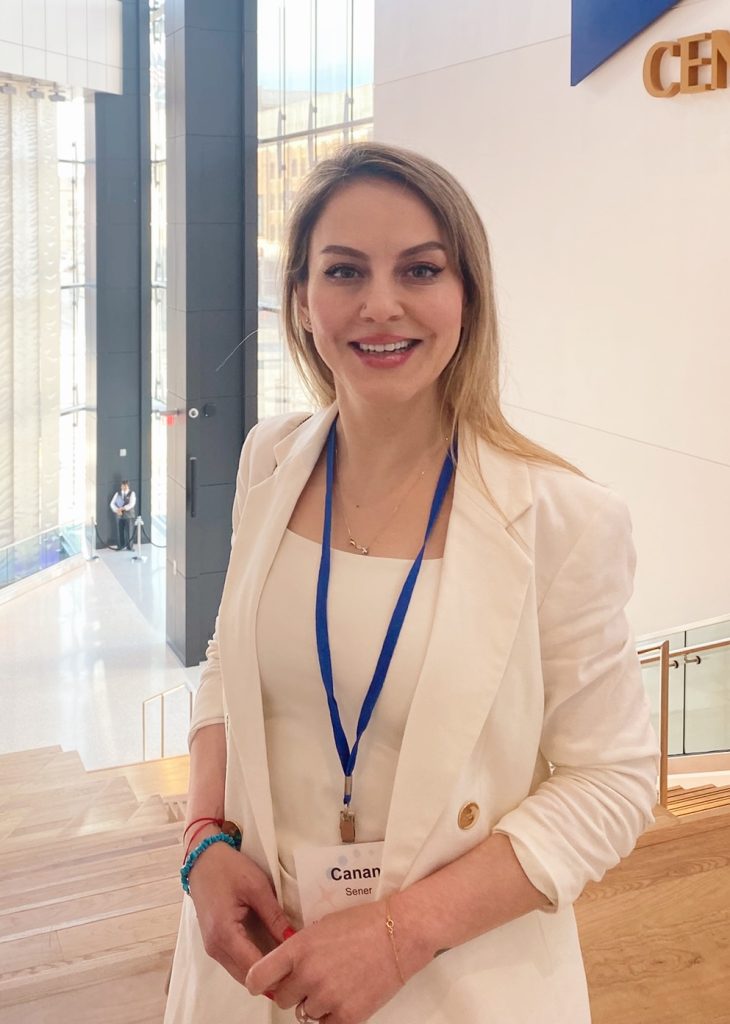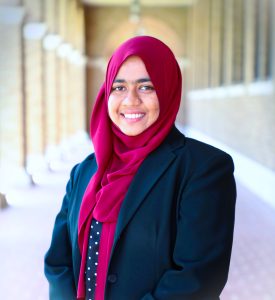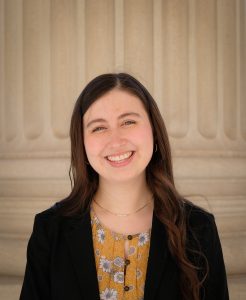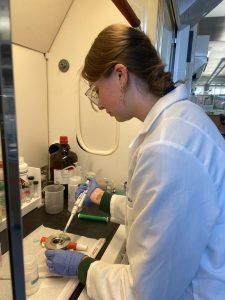This is an accordion element with a series of buttons that open and close related content panels.
Canan Sener

CANAN SENER
PhD – Middle East Technical University (METU), 2012 – Department of Chemical Engineering
Postdoc – University of Wisconsin-Madison, 2013-2018 – Department of Chemical and Biological Engineering
Dr. Canan Sener is a scientist at the University of Wisconsin–Madison, affiliated with the Great Lakes Bioenergy Research Center and the Wisconsin Energy Institute. Her research is dedicated to advancing the sustainable conversion of lignocellulosic biomass into renewable fuels and value-added chemicals. By integrating catalytic, enzymatic, and microbial processes, Dr. Sener aims to streamline biomass conversion pathways, enhancing both efficiency and economic viability.
With a Ph.D. from Middle East Technical University and postdoctoral experience in Professor James Dumesic’s group, Dr. Sener has developed expertise in designing heterogeneous catalysts for biomass upgrading. Her interdisciplinary collaborations with microbial scientists and techno-economic analysts have been pivotal in optimizing biorefinery systems. Dr. Canan Sener’s research is focused on advancing catalytic and integrated processes for converting lignocellulosic biomass into renewable fuels and specialty chemicals, with a strong emphasis on lignin valorization and sustainable aviation fuel (SAF) production.
Her expertise in homogeneous, heterogeneous, and single-atom catalysis enables the development of innovative pathways to transform both the sugar and lignin fractions of biomass. She is a co-investigator for the Feedstock Variability & Processing Team of GLBRC, where she designed and implemented an economically viable Reductive Catalytic Fractionation (RCF) strategy for lignin depolymerization.
She is also a co-founder of Phenolvation, an early-stage startup focused on producing paracetamol from biomass, and she actively contributes to the scientific community through editorial roles, conference leadership, and mentorship.
Sarada Sripada
 Postdoctoral Research Associate
Postdoctoral Research Associate
PhD Biochemical Engineer
University of Georgia – 2023
Dr. Sarada Sripada is a Postdoctoral Research Associate at the University of Wisconsin–Madison, affiliated with the Great Lakes Bioenergy Research Center (GLBRC) housed within the Wisconsin Energy Institute. She has a background in catalysis and reaction engineering, and her research focuses on developing sustainable catalytic routes to convert lignocellulosic feedstocks into value-added chemicals and low-carbon fuels.
Dr. Sripada earned her Ph.D. in Biochemical Engineering from the University of Georgia, where she developed solid acid and base carbon catalysts for the sustainable production of value-added chemicals and aviation fuels.
At GLBRC, she works with Dr. Sener to advance solvent systems for Reductive Catalytic Fractionation of biomass. She also works with interdisciplinary teams across the center to improve the economic viability of integrated biomass-to-bioproduct pathways.
Eva Estela Rivera Cedillo

Postdoctoral Research Associate
PhD Chemical Engineer
Autonomous University of San Luis Potosí, Mexico – 2024
Fouzia Hasan Nowrin

Postdoctoral Research Associate
PhD Chemical Engineer
Texas Tech University – 2024
Dr. Fouzia Nowrin is a Postdoctoral Research Associate at the University of Wisconsin–Madison, where she is affiliated with the Great Lakes Bioenergy Research Center (GLBRC), located within the Wisconsin Energy Institute. Her research is centered on developing efficient catalytic systems for the Alcohol-to-Jet (ATJ) conversion process, a promising route for producing Sustainable Aviation Fuel (SAF) from lignocellulosic biomass. Working under the guidance of Dr. Sener, she aims to improve catalyst performance and optimize process and process conditions to enhance fuel yield and selectivity. Beyond catalyst development, she collaborates with interdisciplinary teams at GLBRC to integrate catalytic upgrading with upstream biomass processing, thereby improving the techno-economic feasibility of biomass-to-bioproduct pathways.
Dr. Nowrin holds a Ph.D. in Chemical Engineering from Texas Tech University, where her research focused on sustainable ammonia production. Her doctoral work involved designing novel catalyst and optimizing ammonia separation strategies to make the ammonia synthesis process adaptable to renewable energy sources and green feedstocks. Prior to graduate school, Dr. Nowrin worked for over three years at a multinational urea fertilizer company, where she gained hands-on industrial experience in large-scale chemical process operations and quality control.
Outside the lab, she enjoys gardening and nurturing her indoor plants. She loves cooking and baking as well! Lately, she has developed a keen interest in food photography.
Nazrin Akbarova

Student Researcher
University of Wisconsin-Madison, MSc Student
Kamil Aliyev (Past Member)

Visiting scholar from Villanova University
Sophie Bricker (Past Member)

REU Program Student
